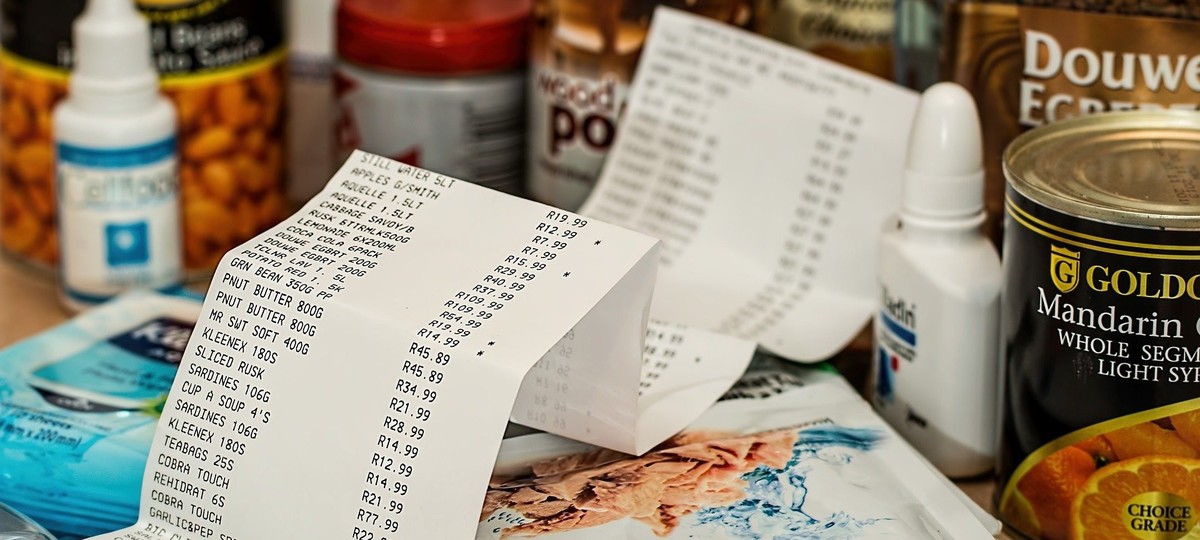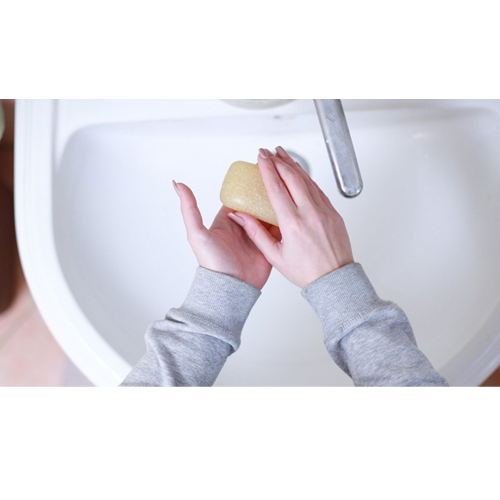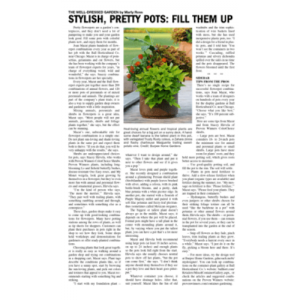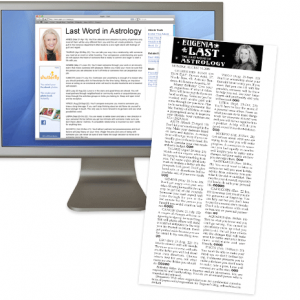Price Gouging in a Time of Crisis
Browse MoreDescription
We live in strange times these days. Nearly every American’s life has been upended by something we can’t even see, a miniscule coronavirus that has proven most deadly to those who already have compromised immune systems due to age or existing illness.
So, during this volatile time, what would cause Amazon — the place where so many Americans shop — to remove more than a million coronavirus-related products from its online marketplace? Simply put: price gouging and misleading COVID-19 claims by vendors.
One such banished seller was a pair of brothers in Tennessee. After the first U.S. coronavirus death, Matt and Noah Colvin scoured their region and bought up nearly 18,000 bottles of hand sanitizer and thousands of packets of antibacterial wipes. Their plan was to sell them on Ebay and Amazon for as much money as they could get. After some of the brother’s sanitizing bottles sold for up to $70, both online marketplaces banned the Colvins’ transactions. In fact, Ebay announced it was removing all offers for hand sanitizer, disinfecting wipes, face masks or any other product mentioning coronavirus or COVID-19.
At the very mention of price gouging — charging way more for high-demand goods and services in times of emergency — politicians quickly responded with proposals for tougher laws. Currently, there are specific laws against price gouging already on the books in 34 states.
In Washington, one bipartisan group in the U.S. House of Representatives introduced the Shop Safe Act, which would hold e-commerce platforms accountable for selling counterfeit products. In New York State, there is legislation pending that would limit the rise of an item’s price to just 10% higher than its preemergency cost.
While new laws might play well with voters, especially those gullible enough to have fallen for inflated pricing, several economists warn this approach could do more harm than good. They believe that passing stricter pricing regulations is a self-defeating move.
Think hard about what restrictive laws like that would accomplish.
Let’s stick with hand sanitizer as an example. After a maker of that product learns about strict pricing laws in a certain state, don’t you think they would avoid sending sanitizer there? Common sense tells us the smart businessperson would simply divert his or her product to states that have no pricing restrictions — states like New Hampshire, Maryland, Minnesota, New Mexico, Colorado and Arizona, to name a random few.
And let’s look at this from a different perspective. By banning so many online COVID-19 related products, citizens determined to defend themselves from the safety of their own homes are being denied an available supply of highly desirable products. The fact that they might be willing to pay an exorbitant price is beside the point, according to these economists. It’s the law of supply and demand, they say, and a very useful tool for manufacturers as they determine how much to ramp up production and the location of customer concentrations.
My point? An educated consumer should be able to avoid sales pitches that sound too good to be true. And only the foolish would pay 20 or 30 times the regular price for an item. If you are committed enough to stay at home and buy only from online merchants, then your need for sanitizers and wipes and face masks is minimal to begin with.
By all accounts, the United States has plenty of food, paper products, medicines and bottled water in the pipeline. The biggest problem hasn’t been illegal price gouging; it has been citizen hoarding. It’s a selfish action that stokes widespread fear in those who see empty stores and panic about what the future might bring. We would all be better served if we maintain our normal shopping habits and realistically limit ourselves to what we actually need.
This is not the end of days, folks, as challenging as the situation appears. Come on, no one needs to hoard as much toilet paper as has flown off the shelves! Yes, we’ve been asked to stay at home when possible, but your local grocers and restaurant owners still need your business. Venture out. Get the food you need, and don’t succumb to buying $70 bottles of hand sanitizer. Just thoroughly wash your hands afterward.
This, too, shall pass. I promise.
To find out more about Diane Dimond, visit her website at www.dianedimond.com. Her latest book, “Thinking Outside the Crime and Justice Box,” is available on Amazon.com. To read features by other Creators Syndicate writers and cartoonists, visit the Creators Syndicate webpage at www.creators.com.






Reviews
There are no reviews yet.